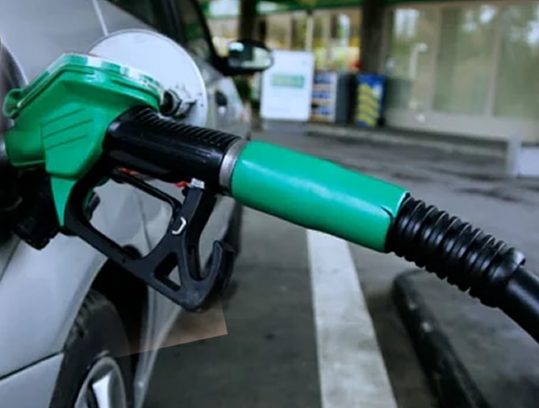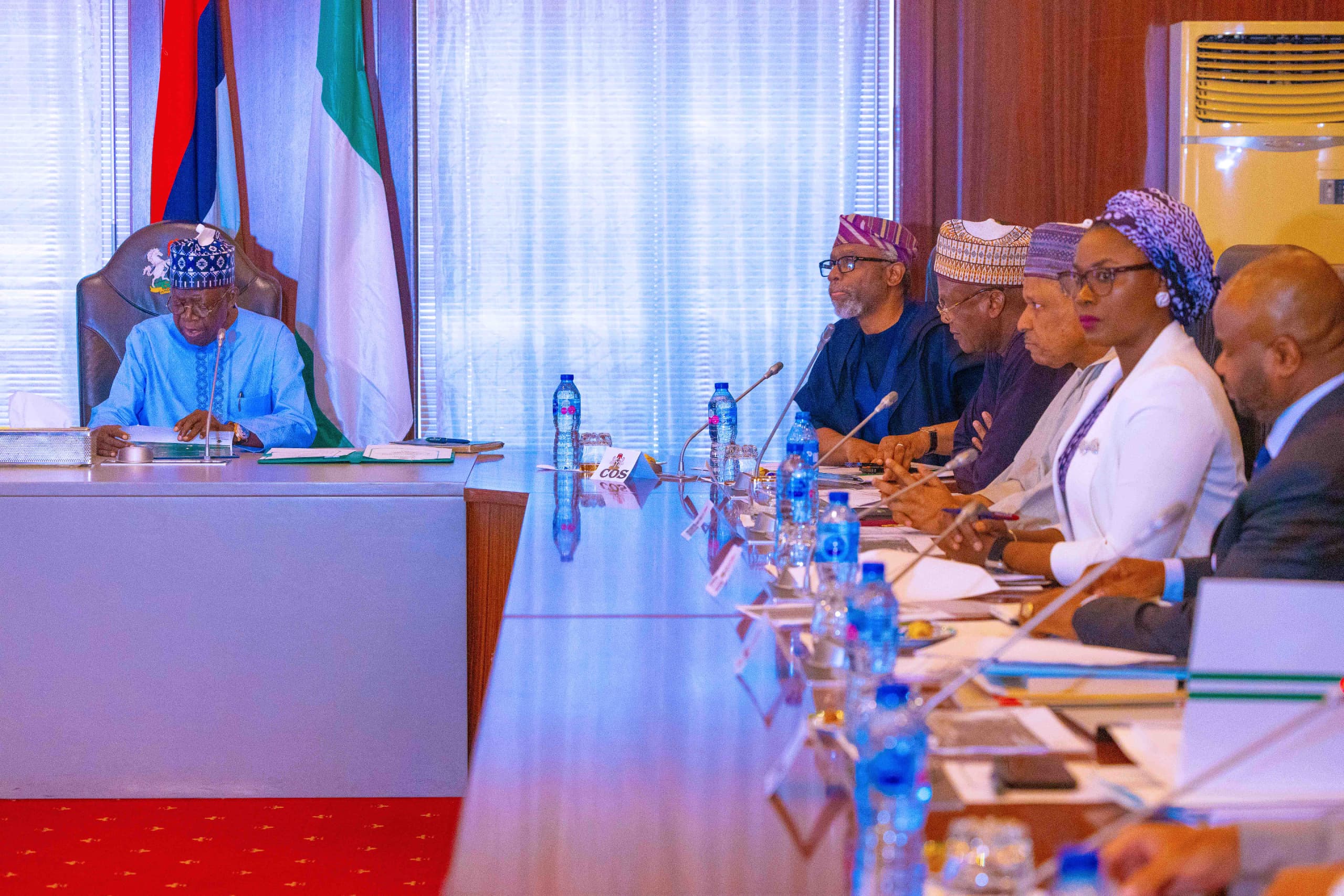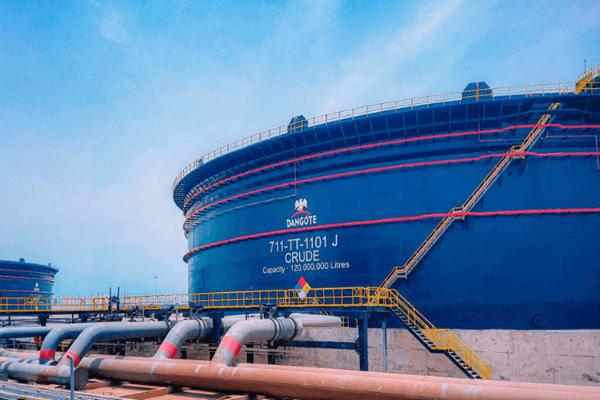Nigerians used about 613.62 million litres of petrol between October 2024 and October 10, 2025, according to new figures from the Nigerian Midstream and Downstream Petroleum Regulatory Authority (NMDPRA).
Despite the progress made by the Dangote Refinery and other local plants, the data shows that imported fuel still dominates Nigeria’s petrol supply. Of the total consumption, 377.54 million litres (63%) came from imports, while 236.08 million litres (37%) were produced locally.
The figures, obtained on Monday, highlight how Nigeria is gradually shifting from dependence on imports to increased domestic refining — a trend driven mainly by the ramp-up in operations at the 650,000-barrel-per-day Dangote Refinery.
According to the NMDPRA, local refining capacity nearly doubled in one year, rising from 9.62 million litres per day in October 2024 to 18.93 million litres per day by October 2025. Meanwhile, imports fell by about 67%, from 46.38 million litres per day to 15.11 million litres in the same period.
A closer look at the monthly breakdown shows a steady fall in petrol importation. Import volumes dropped from 46.38 million litres in October 2024 to 36.39 million litres in November and 38.90 million litres in December. By January 2025, the figure had declined further to 24.15 million litres. Although there were slight fluctuations between February and May, importation continued to drop steadily afterward, hitting its lowest level of 15.11 million litres by October 2025.
On the other hand, domestic production increased sharply, peaking in January 2025 at 22.66 million litres per day, maintaining strong output through most of the year. While there were brief dips in May, June, and July, local supply remained strong, stabilizing around 19 million litres daily by October 2025.
Overall, Nigeria’s daily petrol supply averaged 46.6 million litres, made up of 29.5 million litres from imports and 17.1 million litres from local production. The report also noted that reduced fuel importation helped ease pressure on foreign reserves, as fewer dollars were needed for import-related expenses such as freight and insurance.
However, the NMDPRA observed that total supply volumes fluctuated during the year — dropping from 55.21 million litres in May to 34.04 million litres in October — due to logistical bottlenecks and maintenance activities at refineries.
Energy analysts say the improvement aligns with the first full year of operations at the Dangote Refinery, which began large-scale production earlier in 2025. The refinery currently contributes between 15 and 20 million litres of petrol daily, reshaping Nigeria’s downstream oil sector and reducing dependence on foreign imports.
Since its commissioning in May 2023, the Dangote Refinery has been seen as a game-changer for Nigeria’s energy sector, gradually restoring confidence in local refining after decades of failure at the Port Harcourt, Warri, and Kaduna government-owned refineries.
Commenting on the development, Olatide Jeremiah, Chief Executive Officer of Petroleum.ng, described the progress as “remarkable,” saying the Dangote Refinery now supplies around 40% of Nigeria’s daily petrol consumption.
“The fact that imports remain the major source of refined products shows that there are still unresolved issues,” Jeremiah said. “Dangote Refinery needs 100 per cent access to crude oil in naira to increase domestic supply and reduce pump prices.”
Read Also;
Dangote Refinery denies importing high-sulphur petrol
Dangote Refinery Suspends Self-Collection of Petroleum Products, Pushes Free Delivery Scheme
He argued that it was unacceptable for Nigeria — Africa’s biggest crude oil producer and home to the continent’s largest refinery — to still import about 60% of its daily fuel needs.
“Nigeria should not be importing this much fuel,” he added. “With the right policies and crude supply framework, we can achieve full self-sufficiency and make petrol more affordable.”
Jeremiah called on the Federal Government and the Nigerian Upstream Petroleum Regulatory Commission (NUPRC) to implement policies that give local refineries guaranteed access to crude oil in local currency, which he said would enhance availability, affordability, and stability in Nigeria’s fuel market.




